How much Olympians earn for medals at Paris 2024
They’re all the main stars of an Olympic Games, but there are huge differences between how much money athletes can earn.
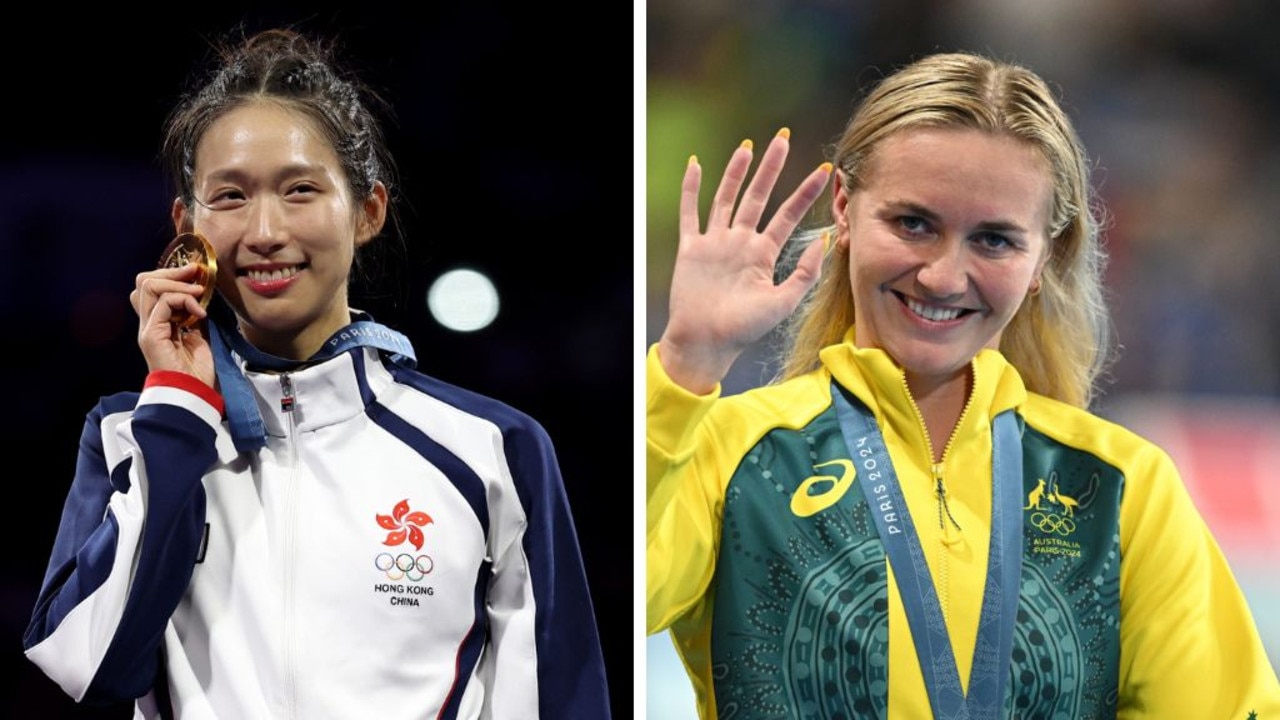
It’s a multi-billion dollar spectacle that captures the world’s attention, but you might be surprised just how much the Olympics’ main stars – the athletes – stand to earn.
There are huge disparities between the nations competing at Paris 2024 when it comes to incentives for winning medals, and Australia is on the lower end of the scale.
Australian athletes who medal at an Olympics can receive $20,000 for gold, $15,000 for silver and $10,000 for bronze under the Australian Olympic Committee’s medal incentive fund.
They are only eligible for one payment based on their best result – so for example an athlete who wins multiple golds will still just receive $20,000.
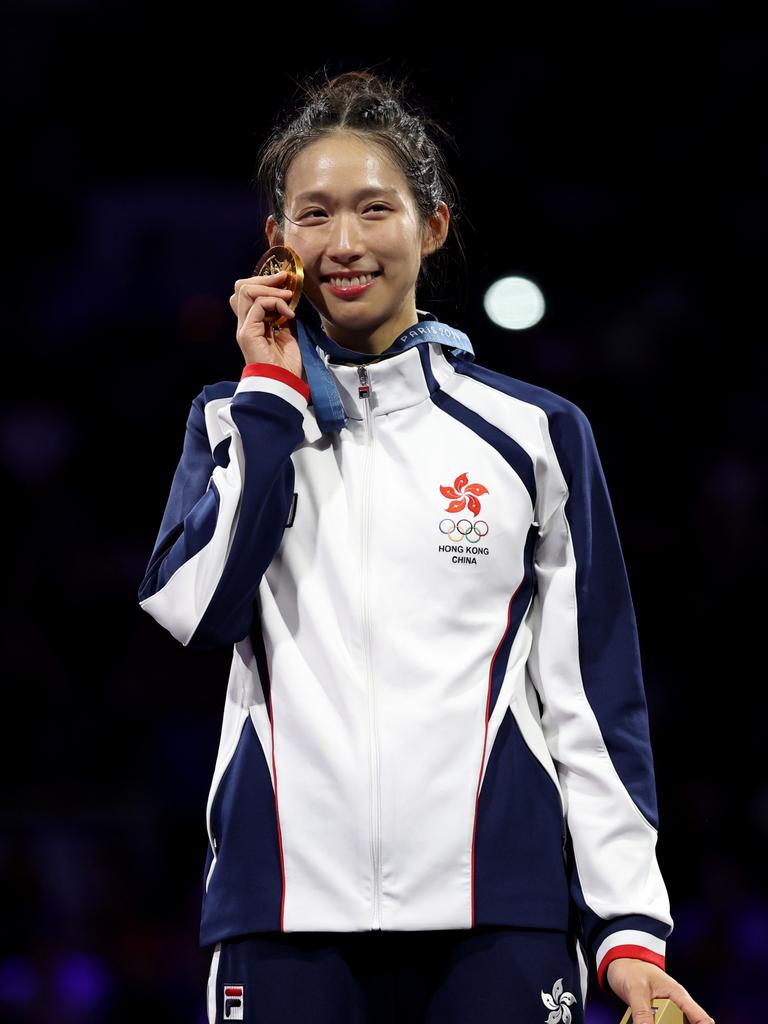
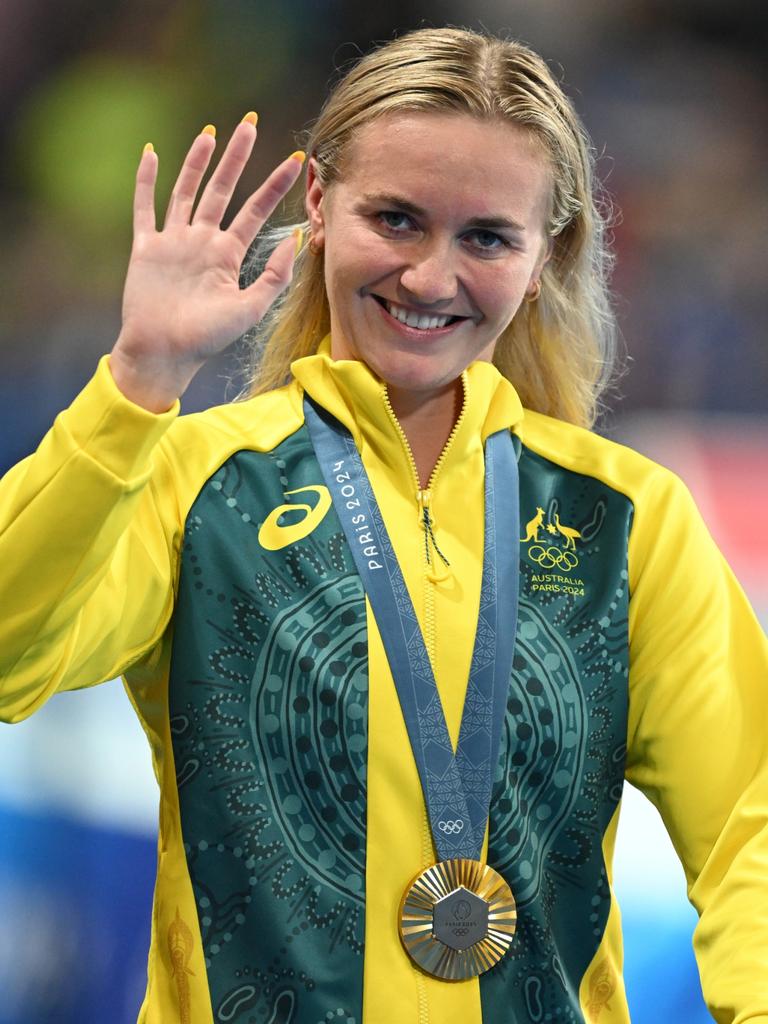
That is dwarfed by the AU$1.13 million athletes from Singapore would get for winning gold, or the $1.17 million Hong Kong’s Vivian Kong is set to earn for her historic gold in the women’s fencing.
It’s just the third gold medal that Hong Kong was won in its 14 Olympic campaigns.
Other nations with hefty rewards include Taiwan ($1.09m), Italy ($300,000) and Spain ($157,000).
The hosts France are offering up to $108,000 for a home gold medal.
Malaysia’s Olympic stars have been given the carrot of a new car and in Kazakhstan they can win an apartment, with the number of bedrooms tied to a gold, silver or bronze medal performance.
Other nations, such as New Zealand, Norway and the UK, have no incentive for winning a medal at the Paris Games.
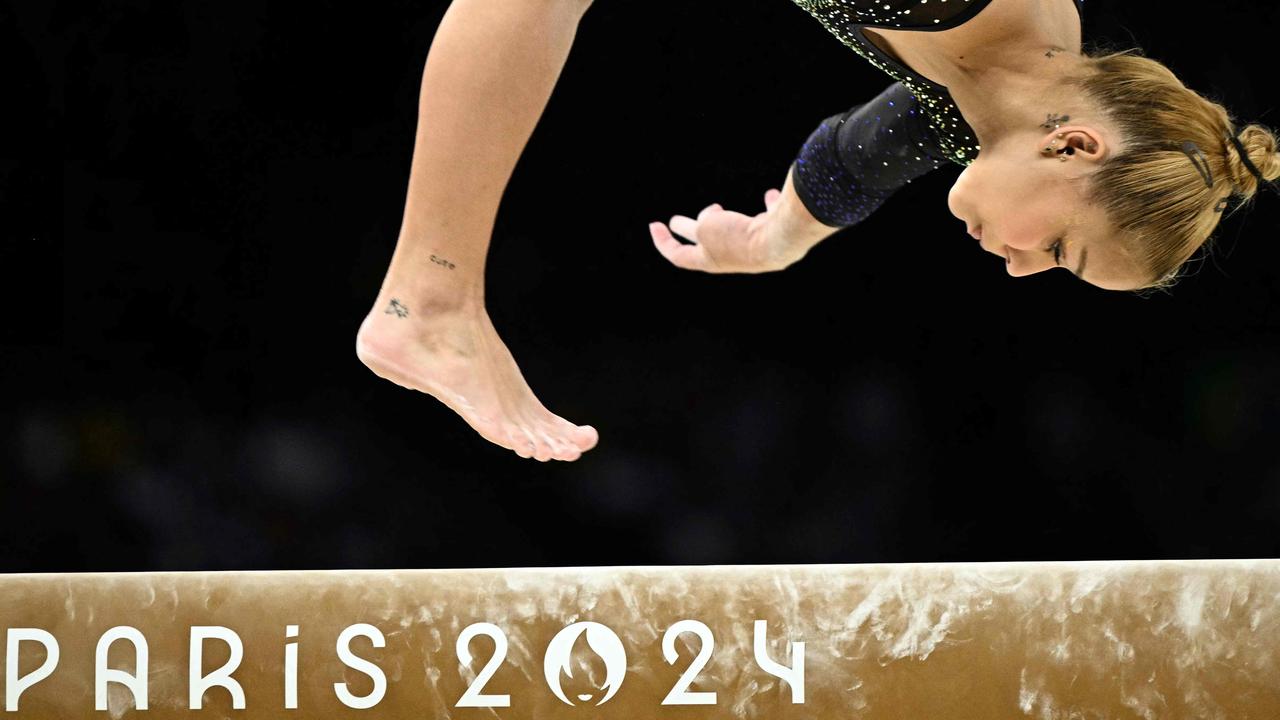
A report by the Australian Sports Foundation last year, dubbed Running On Empty, revealed 46 per cent of our elite athletes live below the poverty line on $23,000 per year or less.
It also found athletes spent more on travel and accommodation for competitions ($7974) than on food ($5019).
Self-funding careers can be an expensive endeavour, with ex-Olympic shooter and now Federal MP Dan Repacholi estimating it cost him $1 million in outlay and lost wages over multiple campaigns.
“It’d be upwards of a million I reckon – just with the travel, the training, the competitions, equipment and time away from work,” he said in 2016.
“To do something like this is a huge sacrifice.”
The ASF found our athletes rely on a mixture of work, grants and sponsorships to get by – but only 15 per cent of elite competitors had a sponsor.
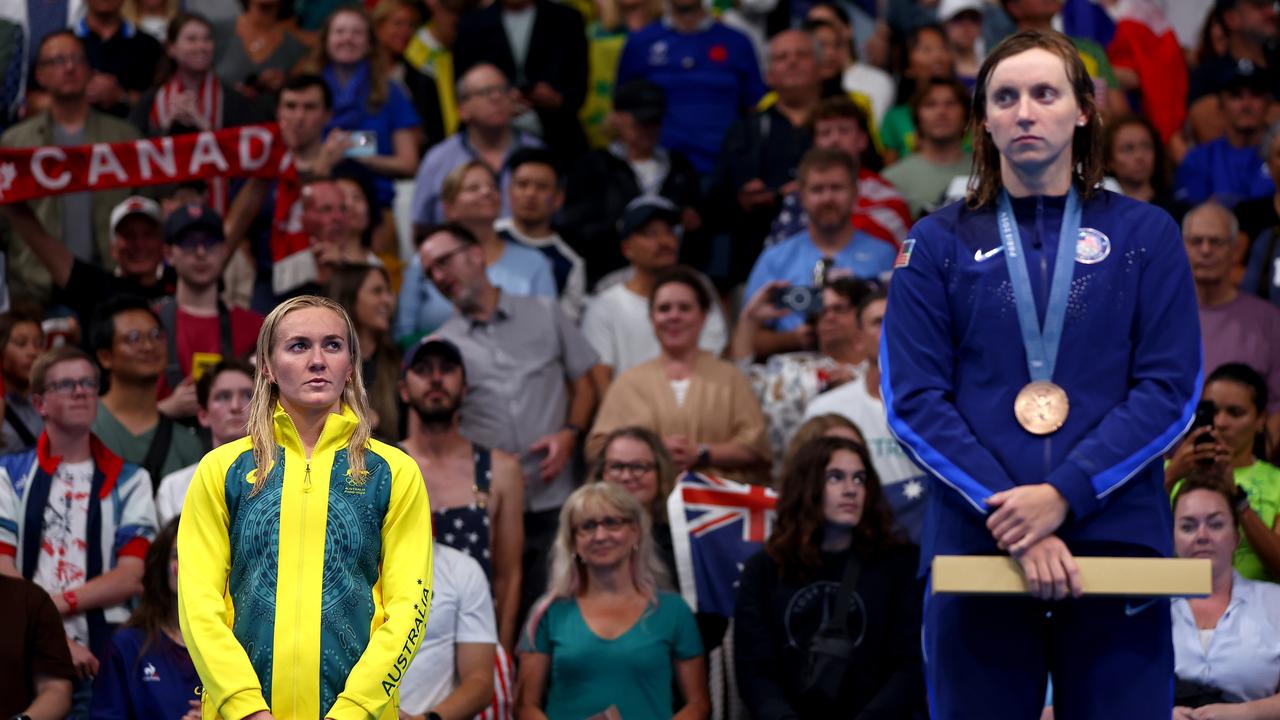
It is a similar tale in the US where about half of Olympic and Paralympic hopefuls have never received any compensation related to their sport, a Commission on the State of US Olympics & Paralympics survey found.
The survey also found more than one quarter of the cohort had an income of less than US$15,000 per year, and 59 per cent made less than US$25,000 in an Olympic year.
On the upper echelon of earners is swimmer Katy Ledecky, who reportedly pockets US$1 million (AU$1.5m) each year through her endorsement with swimwear company TYR alone.
The US awards its athletes $37,500 (AU$57,000) for a gold medal.
Jamaica’s Sports Minister Olivia Grange said last week the nation’s Olympic Team would share in the J$50 million – or about AU$3500 each - regarldess of results.
World Athletics has announced a $3.6 million prize pool to be distributed to winners in this year’s track and field events, with $76,000 set aside for each gold medallist.
That is a model Aussie superstar Ariarne Titmus recently supported, saying she would like to see World Acquatics follow suit.
“It’s hard in amateur sport trying to make a living when you’re not under contract being professionally paid,” she said.
“When it came out there were a few people sending me stuff ... and saying, ‘oh imagine if we got that’.”





